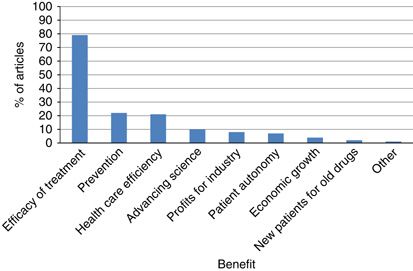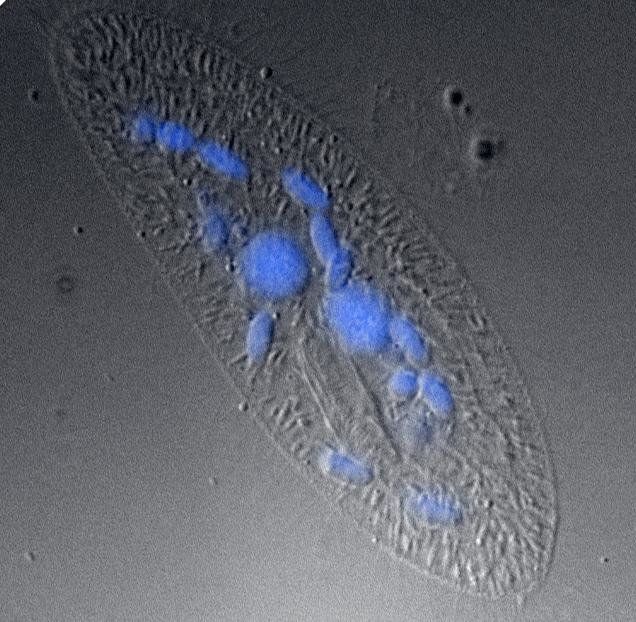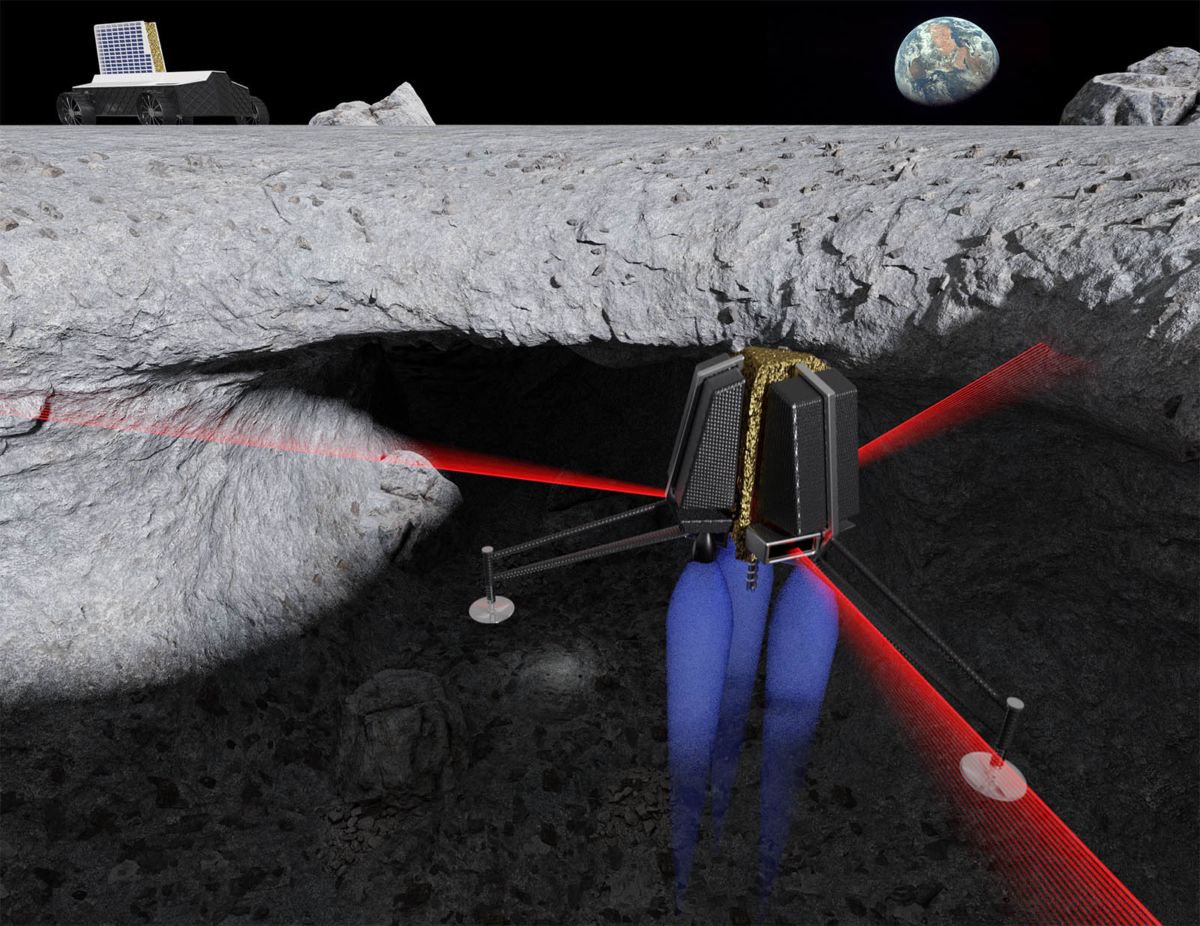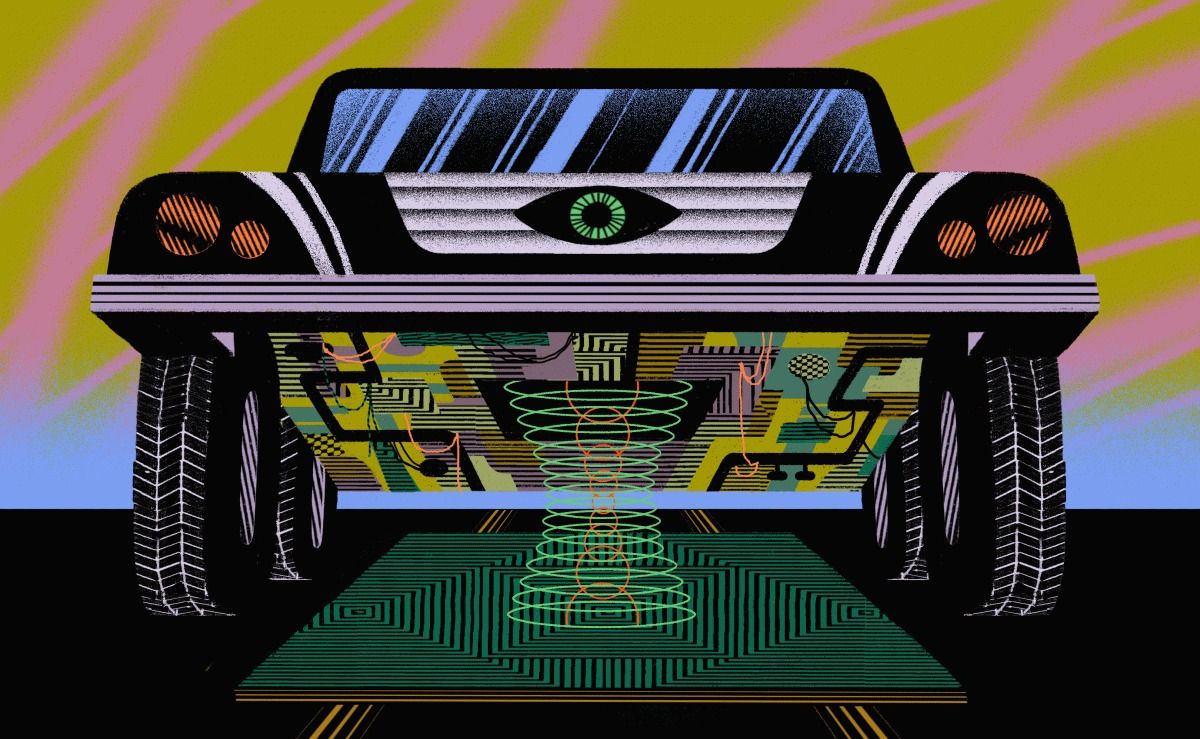Sep 18, 2018
Representing a “revolution”: how the popular press has portrayed personalized medicine
Posted by Genevieve Klien in categories: biotech/medical, genetics
This study investigated the portrayal of “personalized” and “precision” medicine (PM) in North American news over the past decade. Content analysis of print and online news was conducted to determine how PM has been defined and to identify the frames used to discuss PM, including associated topics, benefits, and concerns.
A data set was built using the FACTIVA database, searching for popular North American publications with the terms “personalized (personalised) medicine” and/or “precision medicine” from 1 January 2005 to 15 March 2016. The final set of publications totaled 774.
PM is almost exclusively defined as related to genetics and is often part of a story related to cancer. The PM story is overwhelmingly one of highlighting (potential) benefits and optimism, especially in shorter publications, and ones where PM is not the main focus. This promotional PM discourse has remained fairly consistent over the past decade.


















